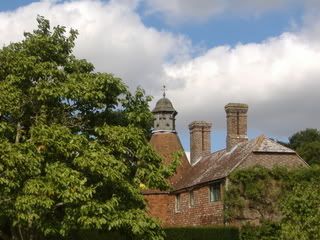
If you can keep your head when all about you
Are losing theirs and blaming it on you,
If you can trust yourself when all men doubt you,
But make allowances for their doubting too;
If you can wait and not be tired by waiting,
Or being lied about, don't deal in lies,
Or being hated, don't give way to hating,
And yet don't look too good, nor talk too wise;
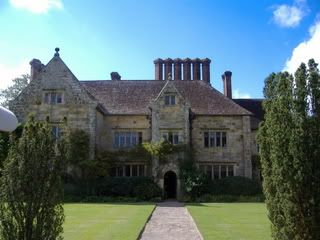
If you can dream . . . and not make dreams your master;
If you can think . . . and not make thoughts your aim;
If you can meet with Triumph and Disaster
And treat those two imposters just the same;
If you can bear to hear the truth you've spoken
Twisted by knaves to make a trap for fools,
Or watch the things you gave your life to, broken,
And stoop and build 'em up with worn out tools;
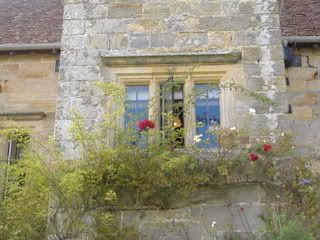
If you can make one heap of all your winnings
And risk it on one turn of pitch-and-toss,
And lose, and start again at your beginnings
And never breathe a word about your loss;
If you can force your heart and nerve and sinew
To serve your turn long after they are gone,
And so hold on when there is nothing in you
Except the Will which says to them: "Hold on!"
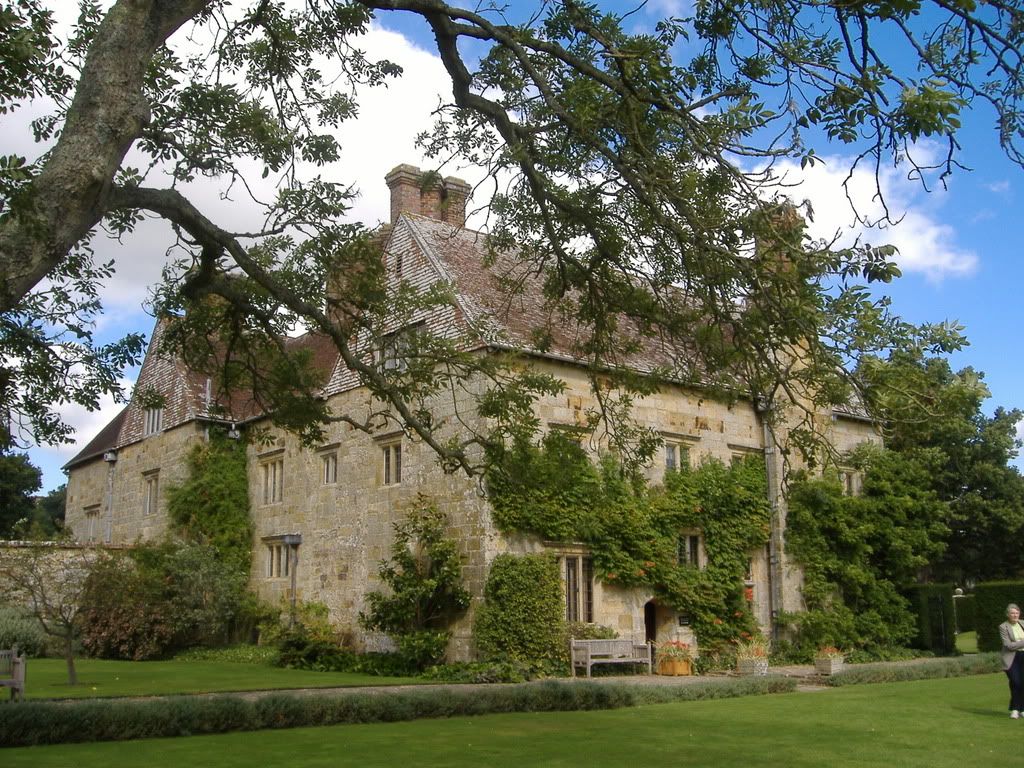
If you can talk with crowds and keep your virtue,
Or walk with Kings . . . nor lose the common touch,
If neither foes nor loving friends can hurt you,
If all men count with you, but none too much;
If you can fill the unforgiving minute
With sixty seconds' worth of distance run,
Yours is the Earth and everything that's in it,
And . . . which is more . . . you'll be a Man, my son!
~Rudyard Kipling

Rudyard Kipling is one of my favourite writers. All the pictures here today are ones that I took of his home called Bateman's near a town called Burwash in East Sussex, here in the UK. If you click on the name Bateman's it will take you to more information about this house. We went to it several times when we were down South and we both really enjoyed ourselves each time. It is a pity that you cannot take photographs inside these stately homes, because Rudyard Kiplings house was truly stunning and so very interesting inside. It greatly showed his love for India and all things Indian . . . and also a lot of his writings etc. were on display, including some of the beautiful artwork which had been done for his novel . . . The Junglebooks, which is probably one of his more famous pieces.
Mr Kipling's earliest years in Bombay were blissfully happy, in an India full of exotic sights and sounds. But at the tender age of five he was sent back to England to stay with a foster family in Southsea, where he was desperately unhappy. The experience would colour some of his later writing.
When he was twelve he went to the United Services College at Westward Ho! near Bideford, where the Headmaster, Cormell Price, a friend of his father and uncles, fostered his literary ability. Stalky & Co., based on those schooldays, has been much relished by generations of schoolboys. Despite poor eyesight which handicapped him on the games field, he began to blossom. In 1882, aged sixteen, he returned to Lahore, where his parents now lived, to work on the Civil and Military Gazette , and later on its sister paper the Pioneer in Allahabad. In his limited spare time he wrote many remarkable poems and stories which were published alongside his reporting. When these were collected and published as books, they formed the basis of his early fame.
Returning to England in 1889, Kipling won instant success with Barrack-Room Ballads which were followed by some more brilliant short stories. After the death of an American friend and literary collaborator, Wolcott Balestier, he married Wolcott's sister Carrie in 1892. After a world trip, he returned with Carrie to her family home in Brattleboro, Vermont, USA, with the aim of settling down there. It was in Brattleboro, deep in New England, that he wrote Captains Courageous and The Jungle Books , and where their first two children, Josephine and Elsie, were born.
A quarrel with Rudyard's brother-in-law drove the Kiplings back to England in 1896, and the following year they moved to Rottingdean in Sussex, the county which he adopted as his own. Their son John was born in North End House, the holiday home of Rudyard's aunt, Georgiana Burne-Jones, and soon they moved into The Elms.
Life was content and fulfilling until, tragically, Josephine died while the family were on a visit to the United States in early 1899. Life was never the same again after Josephine's death, and living so close to Brighton Kipling had become a tourist attraction. So in 1902 he sought the seclusion of a lovely seventeenth century house called Bateman's near Burwash, nearby in Sussex, where he spent his remaining years. Puck of Pook's Hill and Rewards and Fairies , which included the poem "If-", and other well-known volumes of stories, were written there, and express Kipling's deep sense of the ancient continuity of place and people in the English countryside. He died in 1936, just three days before his good friend King George V, our present Queen's Grandfather.
I always think there is a sense of sadness about these great writers . . . some underlying seam of tragedy . . . perhaps that is what helps to make their work so brilliant. Or maybe it is the strength of the human spirit which allows us to bring great triumph out of our greatest sorrows, if we so allow it . . .
“The major work of the world is not done by geniuses. It is done by ordinary people, with balance in their lives, who have learned to work in an extraordinary manner.”
~Gordon B Hinckley
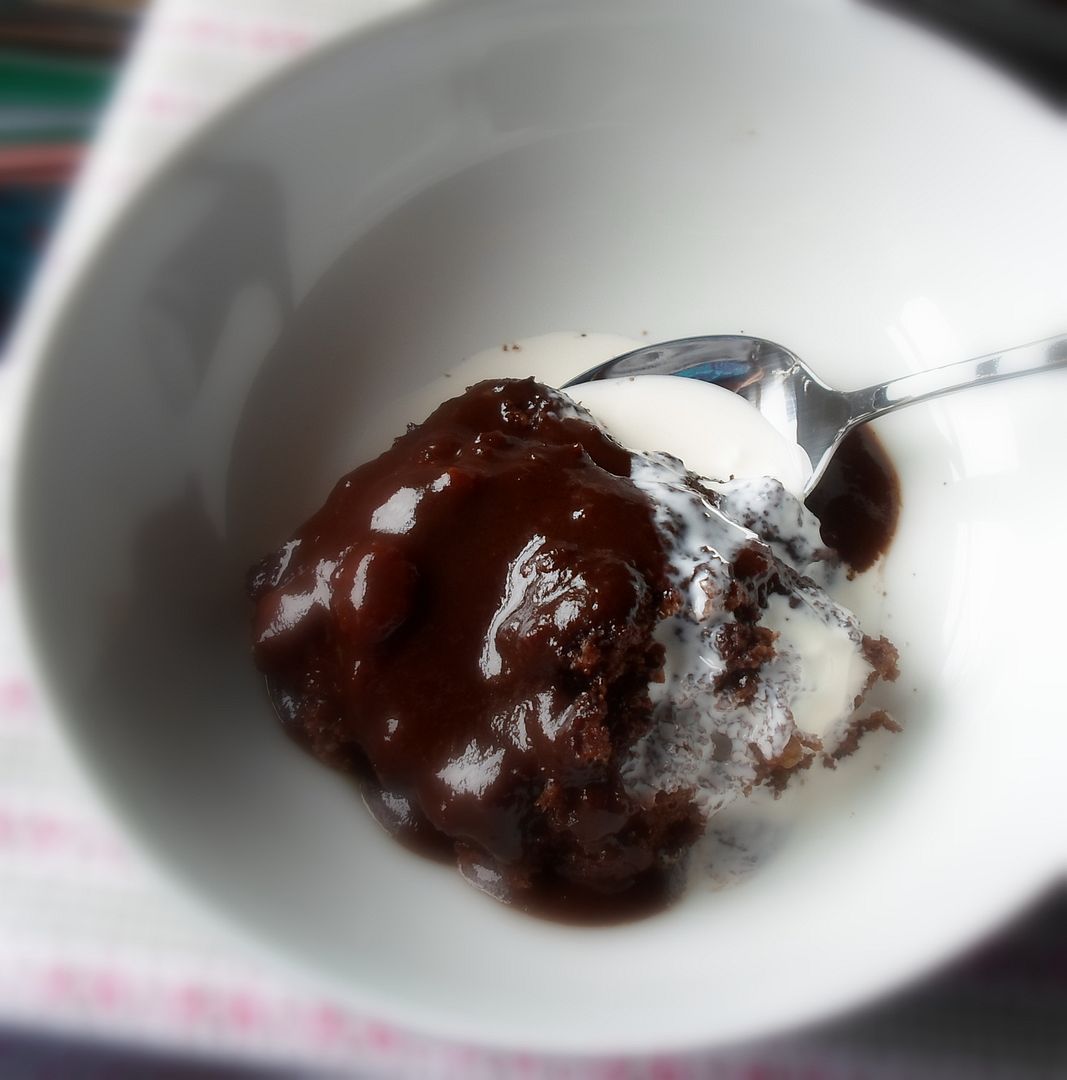
Cooking in The English Kitchen today . . . a delicious Muscovado Pudding!


No comments:
Post a Comment
Your comments mean the world to me, and while I may not be able to address each one individually, each one is important to me and each one counts. Thanks so much!